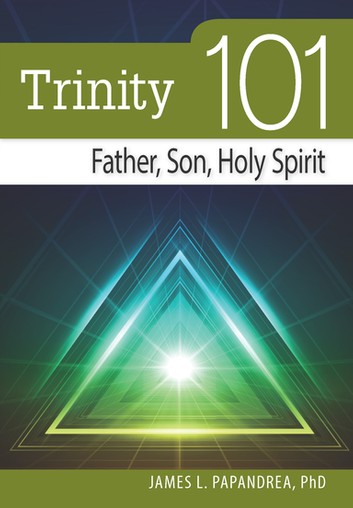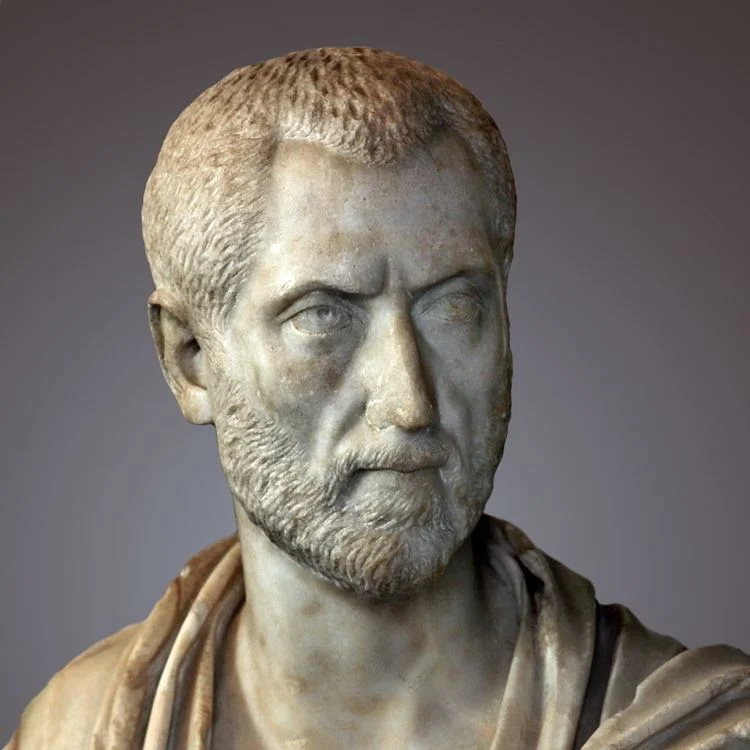Podcast: Play in new window | Download
Subscribe: Spotify | Email | RSS

In this episode I review this introductory Trinity book by Dr. James Papandrea.
As with the previous episode in this series, I’ll ask how many of these fundamental questions the book clearly answers:
- What is “the doctrine of the Trinity”?
- Why is this doctrine not, as some allege, tritheism?
- Why is this doctrine not, as some allege, incoherent?
- Is this doctrine consistent with the common conception of God as a mighty, unique, and completely perfect self?
- When, if ever, did God reveal this doctrine?
- If this doctrine is “in” the Bible, how can one see this?
- If this doctrine is not in the Bible, why should Bible-oriented Protestants accept it?
- How does this doctrine relate to the so-called “ecumenical” councils?
- Why have some Christians opposed any Trinity doctrine?
- Is this doctrine, as the “Athanasian” creed asserts, something which one must believe in order to be saved?
It seemed to me that a couple of passages in this book are key for understanding this author’s views. One is:
At the end of the day, we have to admit that while we may be able to see the Trinity in the text of Scripture, the doctrine of the Trinity is not in Scripture per se, but is the result of the Church’s interpretation of Scripture.
p. 60
Another is:
A [threefold] thing is either one thing with three parts, or three things that have some common relationship, but nothing that we can observe is [like the Trinity] truly both one and three at the same time.
pp. 128-29
How many of the above questions does this book answer? And, are the answers correct?
Links for this episode:
podcast 315 – Review of Ryken and LeFebvre, Our Triune God
Trinity 101: Father, Son, Holy Spirit
podcast 248 – How Trinity theories conflict with the Bible
The Reluctant Theologian Podcast Episode 29, Classical Theism Part 1 with Thomas Williams
podcast 227 – Who Should Christians Worship?

The Treatise of Novatian, On the Trinity
Clarifying Catholic Christologies
podcast 189 – The unfinished business of the Reformation (book chapter version)
Is Jesus Human and not Divine?
Catholic Theologian Hans Küng on New Testament theology
podcast 286 – Is the Trinity Essential? – Three Views
“Theories of Religious Diversity,” Internet Encyclopedia of Philosophy
The Lost Early History of Unitarian Christian Theology
podcast 11 – Tertullian the unitarian
podcast 190 – What is the Trinity? A triad of book reviews
This week’s thinking music is “Decade Of Upsets (remaster)” by Doctor Turtle.

I had to laugh at the suggestion that we meet the JWs with the argument that God is three beings in one being.
I never thought of that response when they came knocking. But that seems to be a rough approximation for a trinitarian if a formula must be drummed up for the trinity. Which is perhaps one reason why the bible makes no attempt. It would boil down to something like: God is three persons ( 3 times something that man also is ) in one substance ( 1 something that man also is ). i.e. God is three times a thing that man is in 1 thing that man is. Can God be happy with such a description of himself?
If it is simply a question of interpretation then philosophical arguments against the trinity are irrelevant or not? You just take your pick. Seems to make the bible too ambiguous though if that were the case.
Seems that most of the people who call themselves Christians still prefer to believe that the bible gives us a trinitarian understanding of God.
Comments are closed.